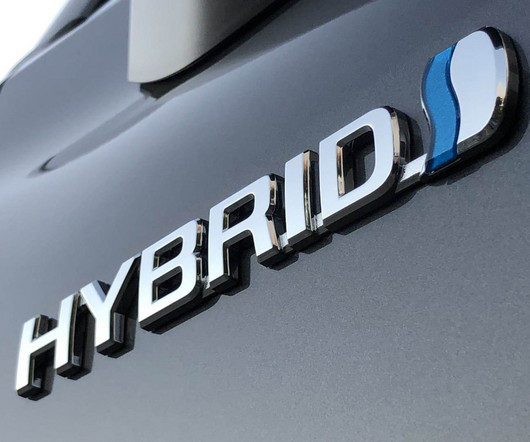IEA: improving efficiency of road-freight transport critical to reduce oil-demand growth; three areas of focus
Green Car Congress
JULY 3, 2017
Improving the efficiency of road-freight transport is critical to reducing the growth in oil demand, carbon emissions and air pollution over the next decades, according to the International Energy Agency’s latest report, The Future of Trucks: Implications for energy and the environment.





















Let's personalize your content